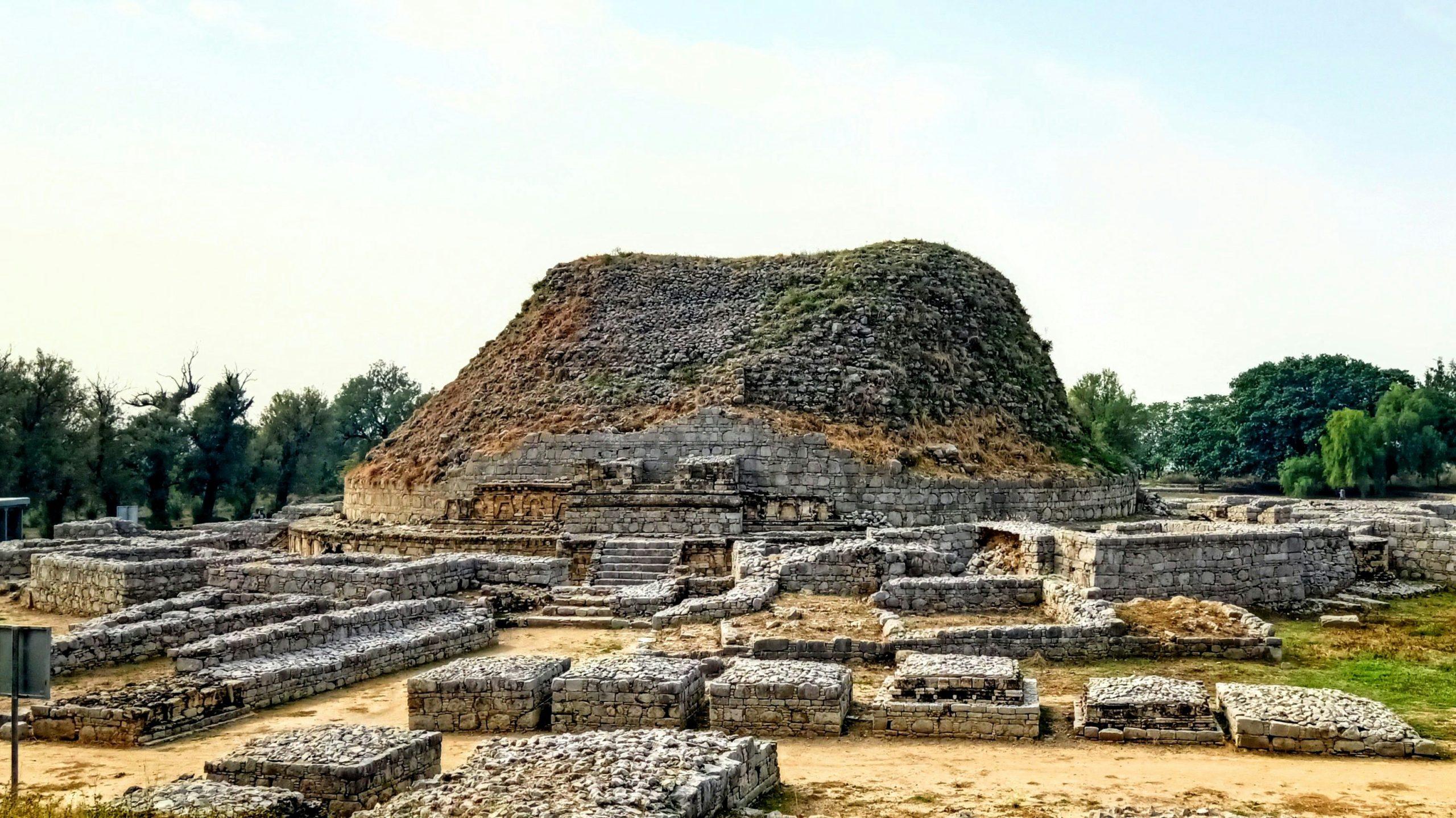[ad_1]
Unlocking Deeper Understanding: 10 Insightful Questions to Expand Your Knowledge
As human beings, we are constantly seeking to expand our knowledge, deepen our understanding, and grow intellectually. One of the most effective ways to achieve this is by asking insightful questions that challenge our existing beliefs, encourage critical thinking, and push us to explore new ideas and perspectives. In this article, we will explore 10 powerful questions that can help you unlock deeper understanding and expand your knowledge in various areas of life and learning.
1. What assumptions am I making?
One of the keys to unlocking deeper understanding is to question the assumptions we make about the world around us. By challenging our preconceived notions and biases, we open ourselves up to new possibilities and are able to see things from a fresh perspective. Asking yourself what assumptions you are making can help you break free from the constraints of your own thinking and expand your knowledge in ways you never thought possible.
2. How can I see this from a different angle?
Another powerful question to ask yourself is how you can see a particular topic or situation from a different angle. By looking at things from a new perspective, you can gain insights that you may have never considered before. This can help you expand your knowledge and deepen your understanding of complex issues by taking into account different viewpoints and interpretations.
3. What do I already know about this topic?
Before diving into a new subject or topic, it can be helpful to take stock of what you already know. By reflecting on your existing knowledge, you can identify gaps in your understanding and areas where you need to delve deeper. This can help you build on your current knowledge base and expand your understanding in a more systematic and comprehensive way.
4. What are the implications of this information?
When exploring new ideas or concepts, it’s important to consider the implications of the information you are encountering. By asking yourself what the consequences of a particular theory or hypothesis are, you can gain a deeper understanding of its significance and potential impact. This can help you connect the dots between different pieces of knowledge and see how they fit together to form a more cohesive whole.
5. How does this relate to real-world experiences?
Another valuable question to ask yourself is how a particular concept or theory relates to real-world experiences. By grounding abstract ideas in concrete examples and practical applications, you can deepen your understanding of a subject and see how it plays out in the world around you. This can help you make connections between theory and practice and enhance your comprehension of complex concepts.
6. What are the strengths and weaknesses of this argument?
When evaluating a new theory or argument, it’s important to consider both its strengths and weaknesses. By critically assessing the merits and limitations of a particular position, you can gain a more nuanced understanding of the topic at hand and develop a more balanced perspective. This can help you appreciate the complexity of different viewpoints and expand your knowledge in a more holistic and comprehensive way.
7. What are the counterarguments to this point of view?
In addition to considering the strengths and weaknesses of a particular argument, it’s also important to explore the counterarguments that exist. By understanding the opposing viewpoints and objections to a certain position, you can deepen your understanding of the topic and broaden your intellectual horizons. This can help you develop a more nuanced and sophisticated understanding of complex issues and expand your knowledge in a more robust and comprehensive manner.
8. How does this fit into the bigger picture?
One of the keys to unlocking deeper understanding is to consider how a particular piece of knowledge fits into the bigger picture. By connecting individual pieces of information to larger themes and trends, you can develop a more comprehensive understanding of a subject and see how it relates to broader contexts and frameworks. This can help you make sense of complex topics and expand your knowledge in a more integrated and holistic way.
9. What are the practical implications of this discovery?
When encountering new information or insights, it’s important to consider the practical implications of what you have learned. By asking yourself how a particular discovery can be applied in real-world situations, you can deepen your understanding of its significance and relevance. This can help you bridge the gap between theory and practice and expand your knowledge in a more practical and actionable way.
10. What questions do I still have?
Finally, a crucial question to ask yourself when seeking to expand your knowledge is what questions you still have about a particular topic or subject. By identifying gaps in your understanding and areas where you need further clarification, you can guide your future learning efforts and deepen your knowledge in a more targeted and purposeful manner. This can help you stay curious, engaged, and motivated to continue exploring new ideas and expanding your intellectual horizons.
Conclusion
Asking insightful questions is a powerful tool for unlocking deeper understanding and expanding your knowledge in various areas of life and learning. By challenging your assumptions, exploring different perspectives, connecting theory to practice, and considering the implications of new information, you can deepen your understanding of complex topics and broaden your intellectual horizons. Incorporating these 10 insightful questions into your learning process can help you become a more critical thinker, a more curious explorer, and a more knowledgeable individual. So go ahead, ask questions, seek answers, and unlock deeper understanding in all aspects of your life.
Remember, the key to expanding your knowledge is to never stop questioning, exploring, and seeking to understand the world around you. By continually asking insightful questions and seeking out new insights, you can unlock deeper understanding, expand your intellectual horizons, and grow as a lifelong learner. So don’t be afraid to challenge your assumptions, explore new perspectives, and push the boundaries of your knowledge. The journey to deeper understanding starts with a single question – so go ahead and start asking!
[ad_2]









